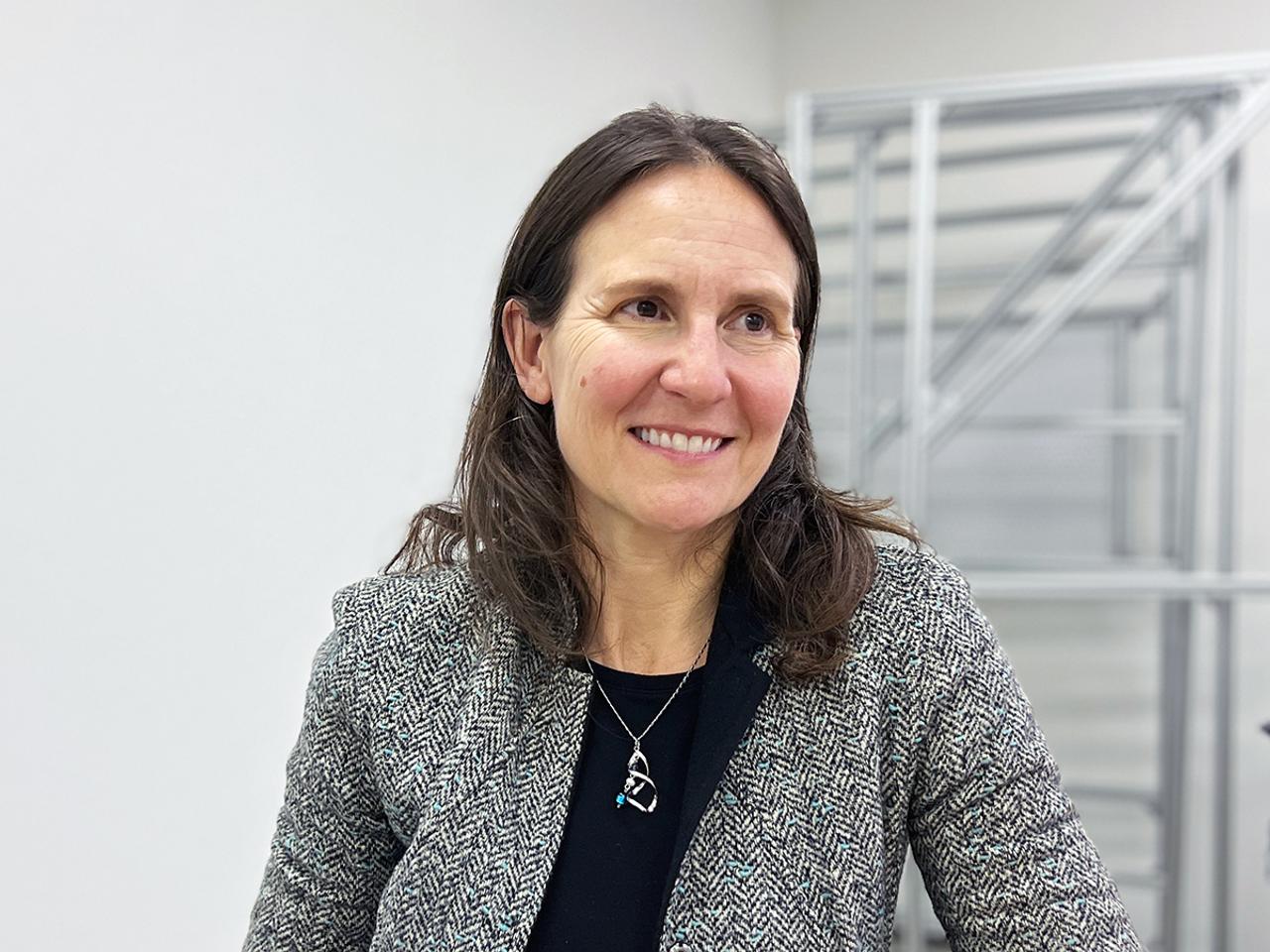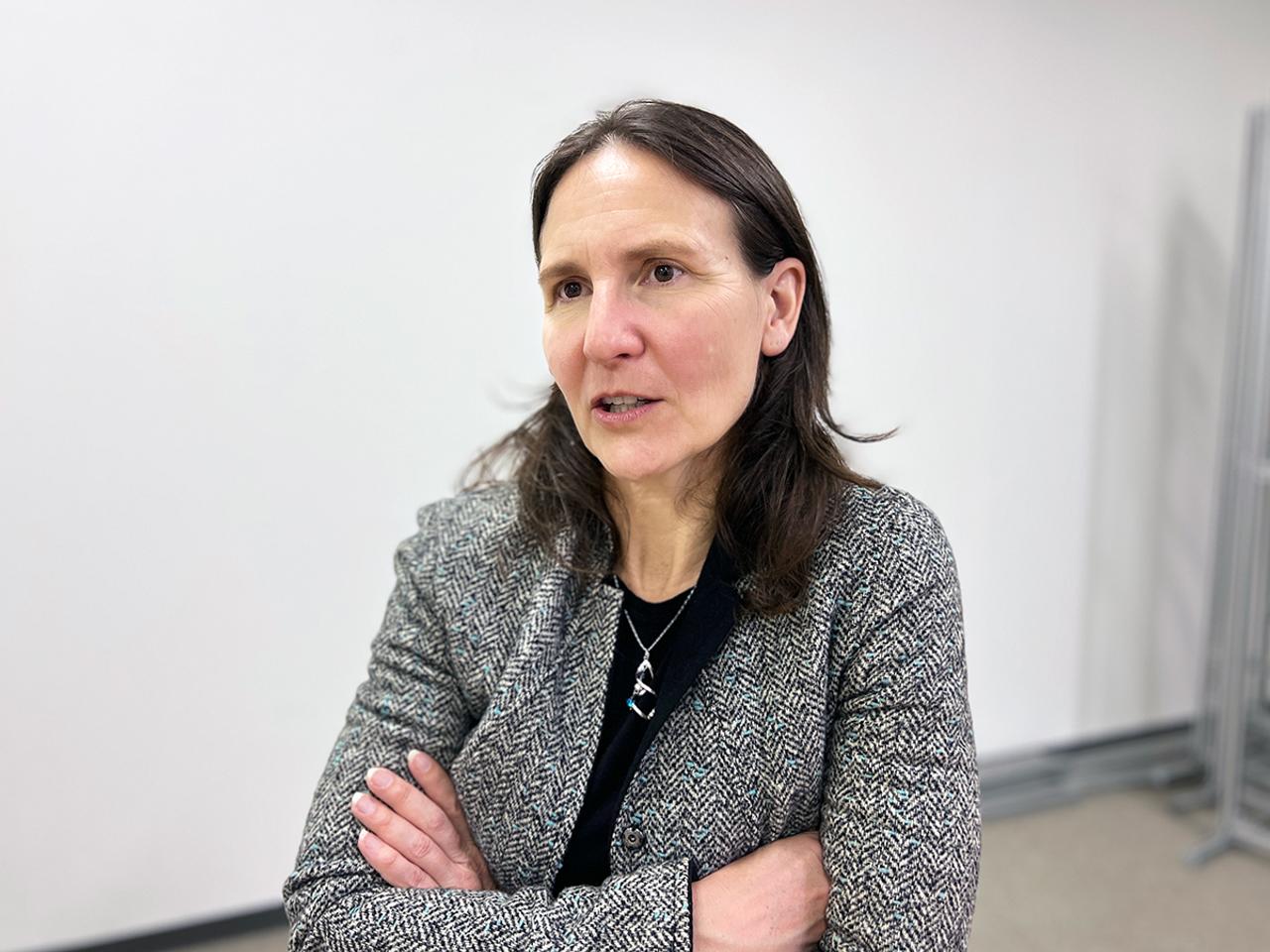The US Securities and Exchange Commission’s (SEC) climate change disclosure regulations also affect Japanese companies. The situation does not allow us to predict what will happen in the future.
What impact will climate change have on business performance? The movement to require companies to disclose information on climate risks and greenhouse gas emissions is accelerating worldwide.
In January 2023, the European Union’s (EU) Corporate Sustainability Reporting Directive (CSRD) came into effect. In June of the same year, the International Sustainability Standards Board (ISSB) published the first set of standards with the aim of unifying the disparate disclosure standards.
Then, on March 6, 2024, despite opposition from the business community and the Republican Party, the US Securities and Exchange Commission (SEC) adopted rules requiring publicly traded companies to disclose information.
The targets are not only American companies but also foreign companies whose American Depositary Receipts (ADRs) are bought and sold on American stock exchanges, such as megabanks such as Toyota Motor Corporation, Honda Motor Co., Ltd., Sony Group, and Mitsubishi UFJ Financial Group. included.
However, the adoption of the regulations has sparked lawsuits in several Republican-leaning states, leading to some cases where enforcement has been suspended.
“Even if the Republican Party wins the U.S. presidential election, the direction of information disclosure will not change.”
Emily Pearce, who worked on climate-related disclosures in the SEC’s international division and is now chief global policy officer at Persefoni, a carbon accounting platform. She asked about the highlights of the new regulations and the outlook for the future.
There are pros and cons, but investors are “disappointed”

Emily Pearce, Chief Global Policy Officer at Persefoni. Her previous job was as assistant director in the SEC’s international division.
── The SEC has decided to require companies listed in the United States to disclose information on greenhouse gas emissions and climate risks.
The SEC’s role is to provide investors with useful information regarding investments. Investors have long asked for information on climate change, and this demand has increased rapidly in recent years.
From an investor’s perspective, they want to make use of that information in their investments. However, since there is no public information, the only option is to obtain the information yourself, for example, for a fee. Moreover, these methods were extremely inefficient as the information was fragmented and in some cases impossible to compare.
The fact that we are now able to respond to investors’ requests in the form of regulations is a major step forward.
–What is the subject of disclosure?
Basically, almost every large company that goes public in the United States. Japanese companies are also eligible. The scope of greenhouse gas emissions reported is Scope 1 (in-house emissions) and Scope 2 (emissions associated with energy use). Regarding numerical values, the guarantee (basis) must also be clearly disclosed.
–Initially, there was consideration to include Scope 3.
The eventual removal of Scope 3 (emissions from business partners) was controversial. Investors are generally disappointed that Scope 3, or the entire value chain, was not included.
──What are the other characteristics?
What is unique about this report is that it also includes reporting on corporate losses due to abnormal weather. This is because abnormal weather events such as tornadoes, droughts, and floods have been occurring frequently across the United States recently.
Losses from natural disasters, whether climate change is a factor or not, must be analyzed and reported.
Advertisement
Relationship with EU and California regulations that are “tougher than the SEC”
–What was the response from companies?
In the United States, relatively many companies currently disclose up to Scope 3. This is because California and EU regulations already require disclosure up to Scope 3.
In the future, the challenge will be how to bridge the information gap between the SEC, which has been decided to be introduced, and the regulations of California and the EU (Corporate Sustainability Reporting Directive, or CSRD).
–SEC information disclosure will start in 2027.
The disclosure obligation begins in 2027, meaning data collection must begin in 2026. This means that data from 2026 will be disclosed in 2027.
Considering that the EU’s Sustainability Directive (CSRD) is one year earlier than the SEC, and disclosure will be required from 2026, it would be realistic to move forward one year and start collecting data by setting 2025 as a training period.
–What is the impact of the EU directive?
Companies covered by the EU CSRD are extremely wide-ranging. Furthermore, there are a large number of companies that do business internationally. Companies that are subject to CSRD may request data from the companies they do business with.
In other words, CSRD will spread not only to Europe but also to other countries such as the United States and Japan. Therefore, I think we need to collect data from 2025.
— Regarding regulations in California.
California is also stricter and broader in scope than the SEC. All companies, even subsidiaries, that do business in the state and have sales exceeding a certain threshold ($500 million) are eligible.
Why it will have no effect even if the Republican Party wins the presidential election

──Republicans and the business community continue to oppose California and the SEC. What will be the impact if the Republican candidate wins the 2024 presidential election?
It is true that regulations, especially those related to climate change, are easily influenced by politics. Of course, there is a possibility that regulations may be loosened in the future depending on the outcome of the presidential election.
However, I do not think that this will weaken the direction of information disclosure. This is because disclosure is motivated by the demands of the market, i.e. investors and consumers. Even if there were to be a delay due to political reasons, I don’t think it would have much of an impact on the overall trend.
–The momentum for information disclosure needs to slow down.
When the SEC rules were officially announced, each member of the SEC issued a statement. What is noteworthy is that two committee members, one Democratic and one Republican, who should originally have conflicting opinions, pointed out the same thing.
Specifically, it stated that reports compliant with ISSB (which promotes international harmonization of disclosure standards) should be accepted as SEC reports.
──What is its meaning?
Companies subject to SEC rules can use information already disclosed in the ISSB for SEC reporting. This bridges the gap between having to use two standards. This will be a major point that the SEC will consider going forward.
The United States has now removed Scope 3, leaving it behind international standards. However, looking at the world as a whole, there is no doubt that the ISSB and European CSRD standards will become the global standard in the future. As a company, I think the correct answer is to think about business strategies with ISSB and CSRD regulations in mind.
Source: BusinessInsider
Emma Warren is a well-known author and market analyst who writes for 24 news breaker. She is an expert in her field and her articles provide readers with insightful and informative analysis on the latest market trends and developments. With a keen understanding of the economy and a talent for explaining complex issues in an easy-to-understand manner, Emma’s writing is a must-read for anyone interested in staying up-to-date on the latest market news.
